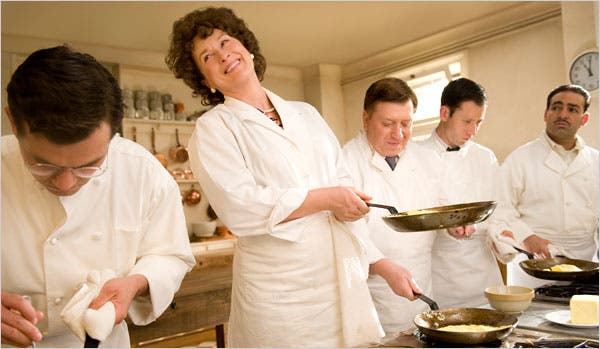When I was a 4th-year medical student, I took an elective course in Behavioral Medicine. I worked with a specialist who helped gastric bypass candidates prepare for surgery. The goal was to steer them towards healthy lifestyle changes that would help them both before and after they had their procedure.
The Art of Savoring
One of the things we taught was mindful eating. Instead of wolfing down their food, people in the class were asked to take their time to savor a small bite, that of a single raisin. They were asked to hold it in their fingers, to feel its roughness, to look at its nooks and crannies. Next they would bring it to their nose to smell it, the aroma of rich sweetness. The anticipation sometimes made their mouths water. Then they placed it in their mouths, not to chew it right away, but to feel the texture on their tongue, the juices on their palate. Then they slowly chewed it, tasted it in deliberate bites, aware of the five senses at one time.
It could take minutes to eat a single raisin! Imagine what it would be like if every bite of food was savored this way. Not only would more people enjoy (and actually taste) their meal, odds are they would be more aware when they felt full.
Why You Should Savor More
When we think of savoring, we tend to think of food. Who savored their food more than Julia Child? It’s no wonder author Julie Powell decided to cook every recipe in Julia’s world-renowned cookbook, Mastering the Art of French Cooking. She posted her cooking successes and failures on her 2002 blog and a movie was eventually released in 2009.
Over a year of recipes, Julie learns through Julia’s eyes it’s not just about the food. It’s about finding joy in what you do. Julia savors food but she also savors life. With passion and conviction, Julia spent years of her life writing her book in collaboration with other women. It was with camaraderie, the support of a loving spouse, and pride she published her book and launched a career she truly loved.
Of course, there will always be people who resist the idea of savoring. When we did the raisin exercise in medical school, there was always some guy who complained he hated raisins. The instructor always had a backup (a walnut, a blueberry, a dried apricot, or even a Cheerio) in case someone had an allergy. Someone would inevitably call out for an M&M. The point of the exercise was not to devour food but to slow down and enjoy it. People had to open themselves to that idea, regardless of what they were eating.
Savoring in Everyday Life
Savoring is slowing down to enjoy the moment. Taking the time, paying a little extra attention, enhancing the experience. We may not all be able to work the job of our dreams like Julia Child and Julie Powell, but we too can find ways to approach and savor every day. Here are some simple tips to help you on your way.
Express gratitude. Consider keeping a gratitude journal or at the very least taking a moment once a day to think about things you are thankful for. Don’t hesitate to say thank you to anyone who made a difference in your life. Even if it seems small to you, it can mean a lot to someone else to hear those words.
Learn to accept a compliment. People have a way of internalizing criticism but pushing positive feedback away. Don’t be bound by impostor syndrome. Enjoying a moment of accolades does not mean you are full of yourself. It means you understand your own self-worth. Accept it. You earned it.
Reminisce about positive experiences. Nostalgia is a powerful thing. It brings with it all sorts of warm and fuzzy feelings. Studies have shown that reminding yourself about good things that have happened to you boosts your mood and overall well-being.
Share your experience with others. When something good happens to you, tell someone about it. People who care about you will be genuinely happy for you. When they share your joy and enthusiasm, it amplifies your own experience.
Write it out. Stream of consciousness writing is an effective way to let your feelings out. It can also be a helpful way to reminisce or to work through any number of issues. Write about your positive experiences and they will only get stronger.
Which of these tips do you think you will incorporate into your routine? I encourage you to try them all!
References
Baldwin M, Biernat M, Landau MJ. (2015). Remembering the real me: Nostalgia offers a window to the intrinsic self. Journal of Personality and Social Psychology, 108(1), 128–147. https://doi.org/10.1037/a0038033
Kersten M, Cox CR, Van Enkevort EA. (2016). An exercise in nostalgia: Nostalgia promotes health optimism and physical activity. Psychology & Health, 31(10), 1166–1181. https://doi.org/10.1080/08870446.2016.1185524


Leave a Reply